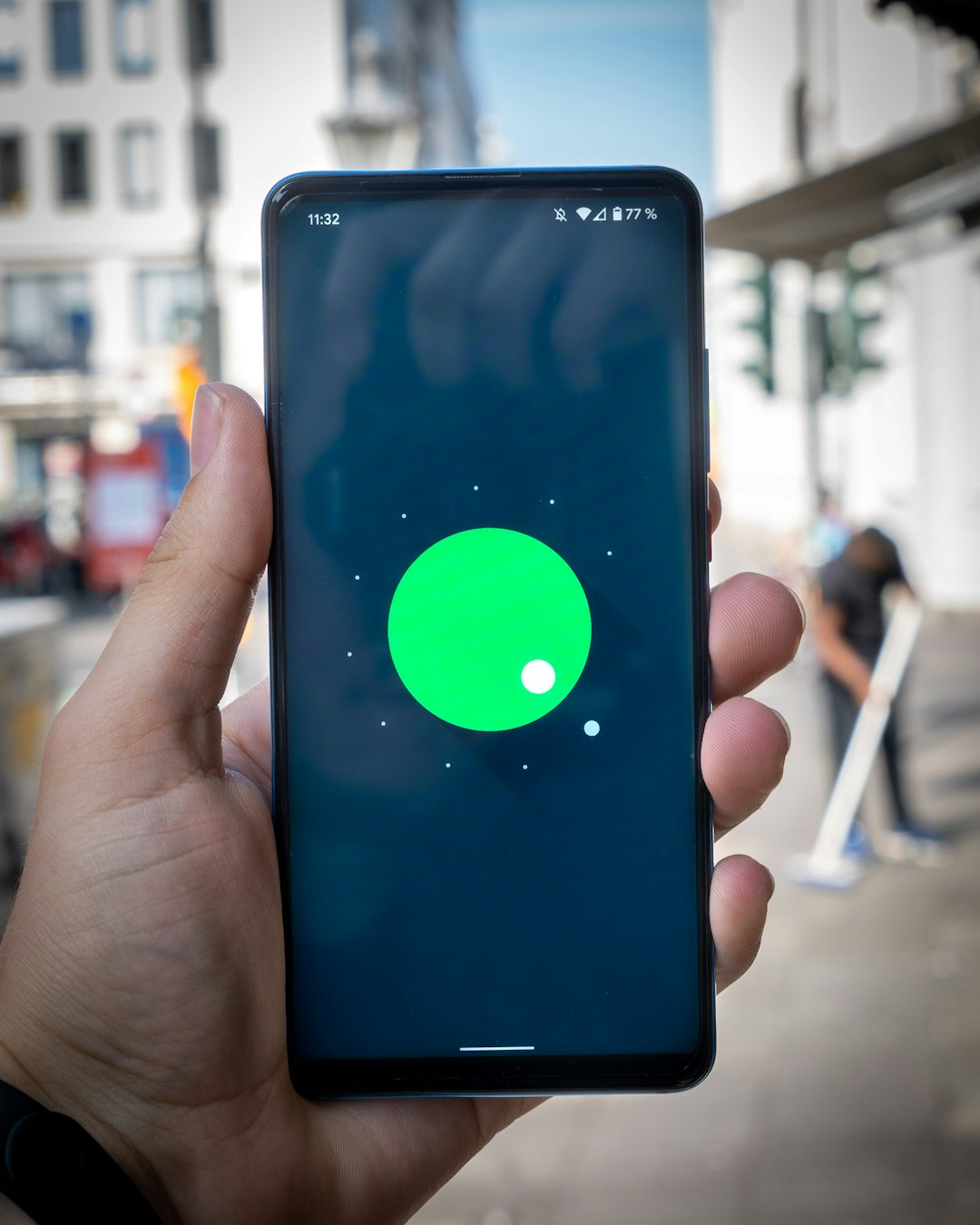Wisconsin's strict No Call Laws protect residents from unwanted political solicitations, demanding that campaigns respect privacy rights. A No Call Lawyer Wisconsin is crucial for managing legal compliance, from call times and disclosures to handling opt-outs and 'Do Not Call' lists. By employing advanced targeting strategies and adhering to regulations, campaigns can effectively reach voters without infringing on privacy, boosting engagement and perception while avoiding legal penalties.
In Wisconsin, political campaigns face unique challenges under the state’s stringent No Call Laws, designed to protect residents from unwanted solicitations. This article explores how Milwaukee campaigns navigate these regulations, balancing engagement with respect for privacy. We delve into the legal framework of No Call Laws in Wisconsin, their impact on political strategies, and present case studies demonstrating successful navigation. Additionally, we offer best practices for compliance and effectiveness, equipped with insights from a No Call Lawyer in Wisconsin.
Understanding Wisconsin's No Call Laws: A Legal Perspective

Wisconsin’s No Call Laws are a series of regulations designed to protect residents from unwanted phone solicitations, including political campaigns. These laws are strictly enforced and violate them can result in penalties for political organizations. A No Call Lawyer Wisconsin is crucial for political campaign managers to ensure they comply with these regulations. They help navigate the legal landscape, avoiding potential pitfalls that could disrupt or even halt a campaign’s efforts.
Understanding these laws involves knowing when it’s permissible to call, what information must be disclosed, and how to handle opt-outs or registered ‘Do Not Call’ lists. A No Call Lawyer Wisconsin can advise campaigns on best practices to minimize legal risks, ensuring their messaging reaches potential voters while respecting individual privacy rights.
The Impact on Political Campaigns: Challenges and Strategies

Political campaigns in Milwaukee, like elsewhere in Wisconsin, face unique challenges due to the state’s strict No Call laws designed to protect residents from unwanted phone solicitations. These regulations have a significant impact on how campaigns operate, particularly when it comes to grassroots organizing and voter outreach.
Campaigns must strategize around compliance with these laws, balancing the need to engage voters with respect for individual privacy. Strategies often involve hiring dedicated no-call lawyers in Wisconsin to ensure adherence to rules regarding robocalls, door-to-door canvassing, and direct mailers. Effective tactics include personalized communication through text messages and emails, community events, and grassroots volunteer networks to reach voters without running afoul of the regulations.
Case Studies: Success Stories of No Call Law Navigation

In Milwaukee, political campaigns often face a delicate balance between reaching voters and respecting privacy laws. Wisconsin’s No Call Laws, designed to protect residents from unwanted telemarketing calls, also apply to political organizations. However, several successful case studies demonstrate that navigating these regulations is achievable. One notable example involves a candidate who, after hiring a specialized no-call lawyer in Wisconsin, was able to significantly boost their voter outreach without receiving any complaints.
The campaign utilized advanced voter targeting strategies and implemented do-not-call lists meticulously, ensuring compliance with state laws. This approach not only avoided potential legal issues but also fostered a positive perception among voters who appreciated the respect for their privacy. As a result, the candidate’s team experienced higher call response rates and increased volunteer engagement, ultimately contributing to a successful electoral drive.
Best Practices for Milwaukee Political Campaigns: Compliance and Effectiveness

Milwaukee political campaigns must tread carefully in Wisconsin’s no-call laws, which restrict contact with voters to prevent excessive telemarketing and robocalls. To ensure compliance and maintain effectiveness, campaigns should prioritize personalized communication strategies. This includes leveraging social media, email, and direct mail to reach voters without resorting to prohibited phone calls. Training volunteers on these rules is crucial; a simple misunderstanding can lead to costly legal issues, with a no call lawyer Wisconsin becoming an unwanted campaign companion.
Effective compliance means building trust with the electorate by demonstrating respect for their time and privacy. Campaigns should monitor their activities closely, keeping records of every contact, including dates, times, and methods. By fostering transparent interactions, candidates can ensure they stay within legal boundaries, promoting a positive perception among Milwaukee voters.






